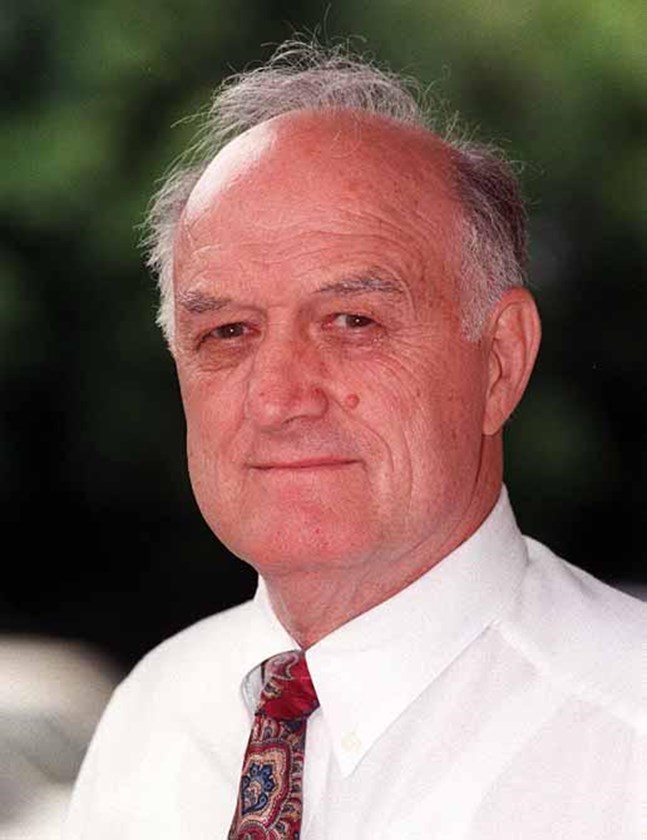Landcare Australia
June 18 2021: Landcare volunteers benefit from a significant increase in mental and physical wellbeing – and a significant decrease to their healthcare costs, according to a new report.
Unveiled today by Federal Environment Minister Sussan Ley at a launch event in Albury NSW, the newly published findings by KPMG Australia in partnership with Landcare Australia, suggested volunteers involved in Landcare enjoy substantial improvements to their mental and physical wellbeing.
These improvements lead to an approximate saving from avoided healthcare costs of $403 per individual per year, and for the Landcare movement which exceeds 140,000 individuals, that number equates to $57million nationally.
Championed by the late Bob Hawke in 1989, the Landcare movement has surged across the country over the last 30 years to become one of the largest volunteer movements in Australia, with local groups focused on conservation and improved management of agricultural landscapes.
Federal Minister for the Environment Sussan Ley, who was once a secretary of her own local Landcare group, said while the benefits of Landcare had long been evident, this report shows those gains also flow through to their volunteers.
“As one of the oldest conservation and sustainable agriculture movements in the country, our people in Landcare breathe extra life into our communities and local environment. Now we can see there is a quantifiable return to their physical and mental wellbeing as well, and that’s got to be a win-win for our country.”
The report also goes on to address additional savings to the Landcare volunteer community relating to productivity, and benefits owing to natural disaster resilience and recovery, with the combined value amounting to $191million annually.
“For decades, those involved in Landcare have testified to a greater sense of self, both physically and mentally, resulting from an enhanced link with their local environment,” said Doug Humann AM, Chair Landcare Australia.
“This in turn has boosted community wellbeing and it has long been the desire of the Landcare movement to quantify the significance of these benefits. Clearly, these ground-breaking new figures speak for themselves and to the importance of volunteering and engaging with Landcare activities within the community.”
Produced by KPMG Australia, the study titled, Building resilience in local communities: The wellbeing benefits of participating in Landcare, surveyed more than 1,000 Landcare volunteers and coordinators from Landcare groups. KPMG Australia also interviewed people involved in different Landcare activities from across the country. In the survey, almost half of all participants surveyed, 46 per cent, reported clear improvements in their mental wellbeing.
According to the report, one respondent said they had three people who came along to their Landcare group for their Centrelink obligations who have bipolar, and they were pleased to see how these individuals became more relaxed and confident working with others over time.
Mr Humann added: “That connection to community, as well as the landscape and environment, that is at the heart of the Landcare movement.”
With a connection to the land felt by almost all of those surveyed at 93 per cent, and 90 per cent experiencing a stronger connection to the community, 19 per cent reported a reduced use of physical health services, contributing to avoided healthcare costs.
Elsewhere, the study found that the majority of people who were not in full-time employment enjoyed an improvement in their mental wellbeing associated with participation in Landcare activities, and more so than those in full-time employment.
There was a tendency for improved mental health through increased participation in Landcare, with the majority of participants that were involved for more than 100 hours per month reporting better mental health. However, even those who dedicated a few hours each month to Landcare have reported an improvement for their mental wellbeing. In the findings, 43 per cent who spent less than 4 hours per month noticed a distinct mental health boost.
Although the roots of Landcare are in regional and rural Australia, the movement is now also very active in major cities and providing significant wellbeing benefits to those urban dwellers who choose to get involved. The majority (59 per cent) of landcarers in major cities reported an improvement in their mental wellbeing, compared to 47 per cent in regional areas.
“2020 was a year of extremes – drought, bushfires, floods and a global pandemic. People have been displaced, isolated, lost their loved ones, their livelihoods, and their properties. Environmental concerns and mental health challenges have never been more complex or more evident,” said Richard Boele, Partner in Charge, Human Rights & Social Impact Services, KPMG Australia.
“At a time of unprecedented change, it is important to recognise that it can be those micro-moments of connection that can make all the difference. Connection with the environment, with nature, and with each other can lead to emotional benefits. This is why Landcare is so important and so crucial for the Australian community, economy and environment.
Mr Boele added: “This report in partnership with Landcare Australia, demonstrates that participation in Landcare can lead to significant mental and physical wellbeing benefits through increased connection with people, communities and the environment””
Building resilience in local communities: The wellbeing benefits of participating in Landcare is available to read and
/Public Release.








